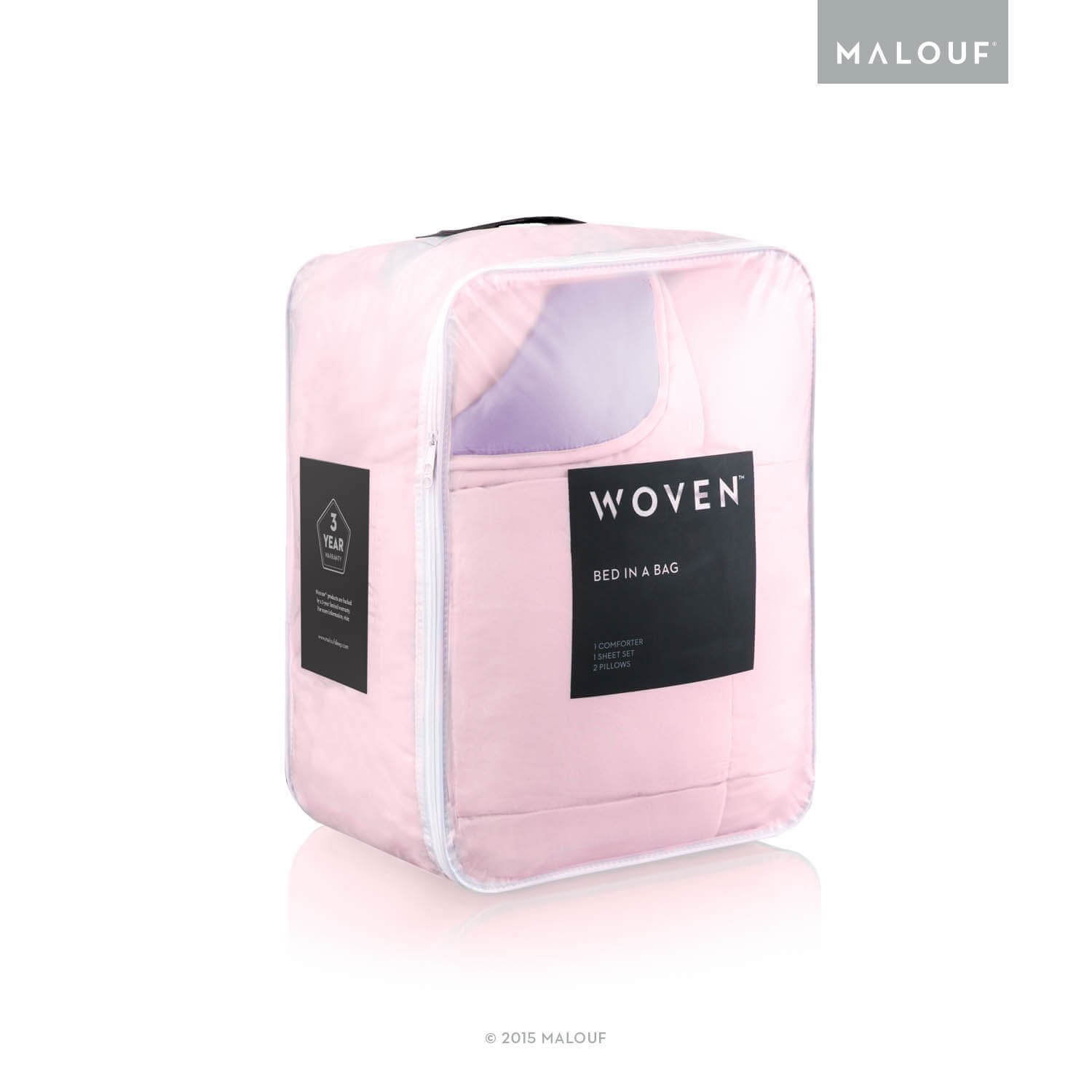Welcome to the World of Brentwood Home
Over the 2 years I have been given multiple mattresses from Brentwood Home for review. I created this post to introduce readers to the Brentwood Home line. In every respect they have exceeded my expectations when it comes to quality, customer service and craftsmanship. Not only do they offer high end mattresses at an affordable … Read more




















